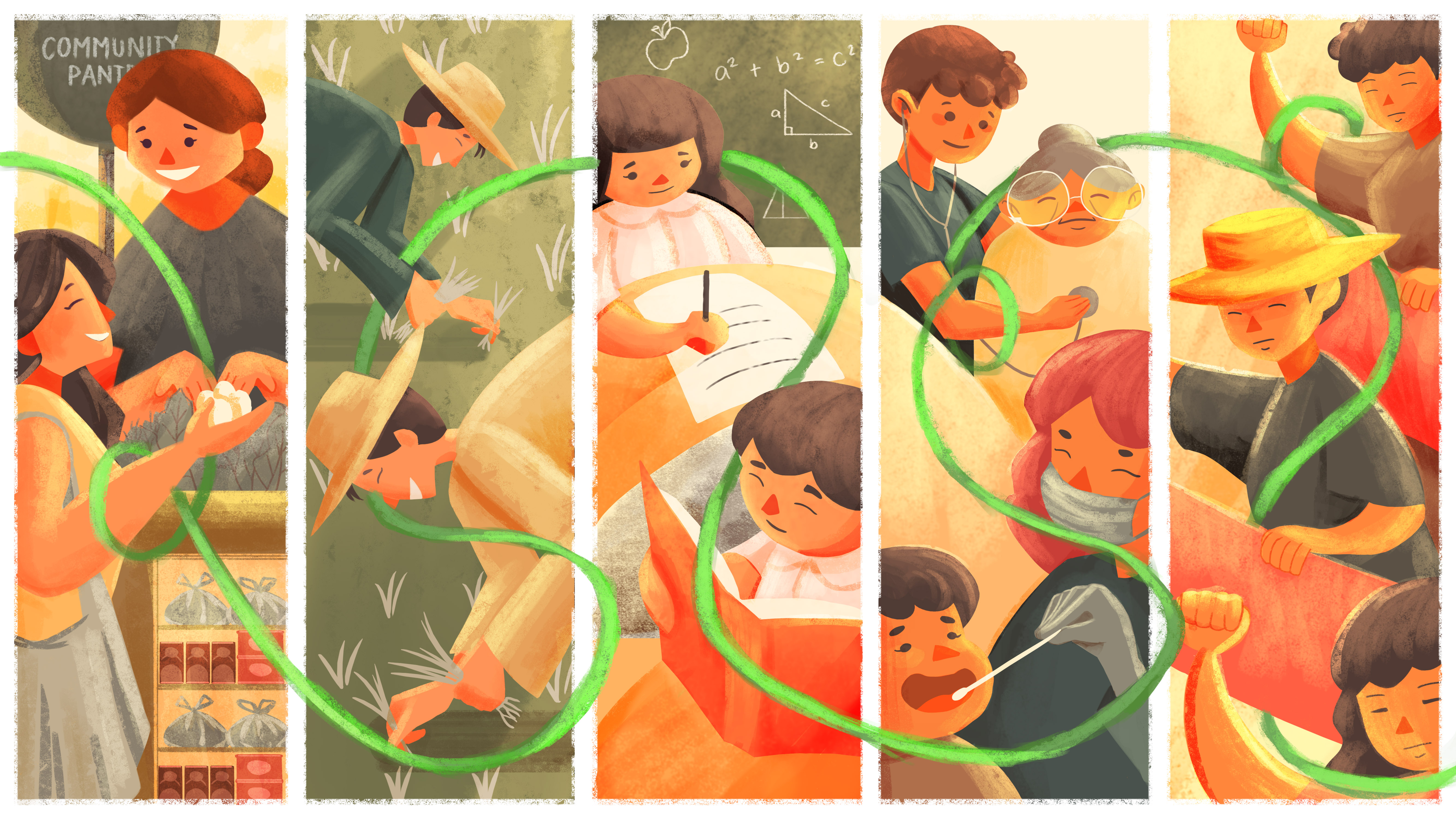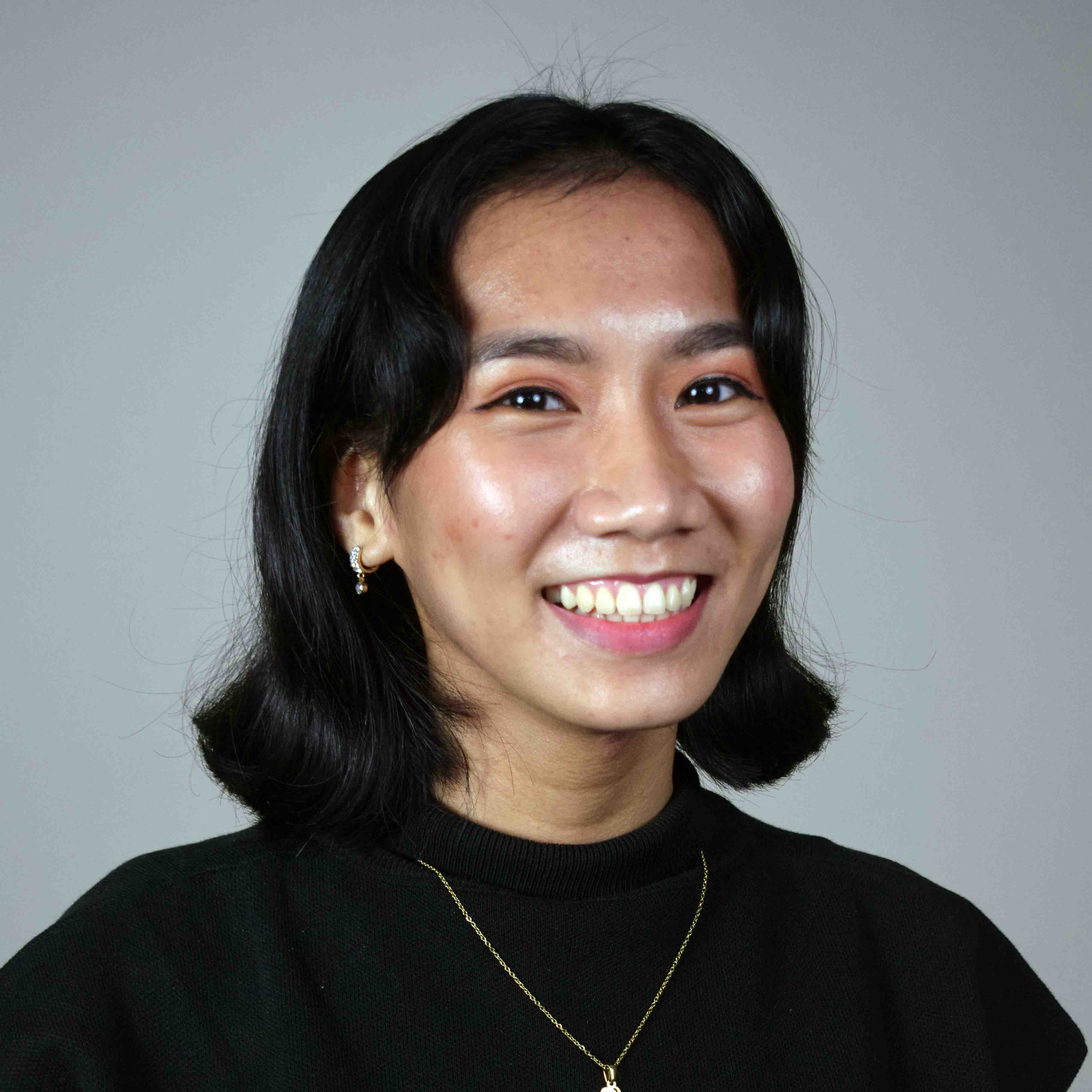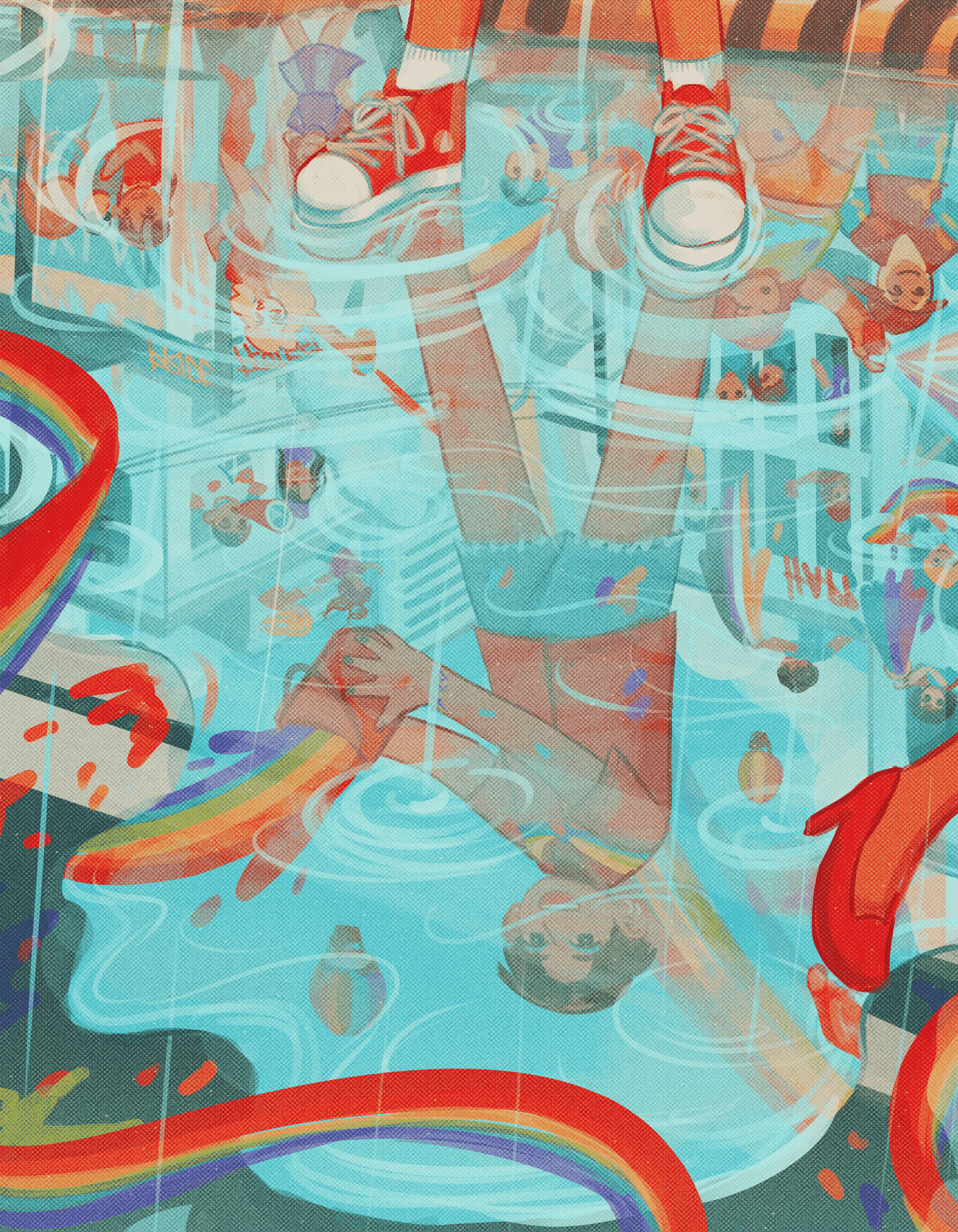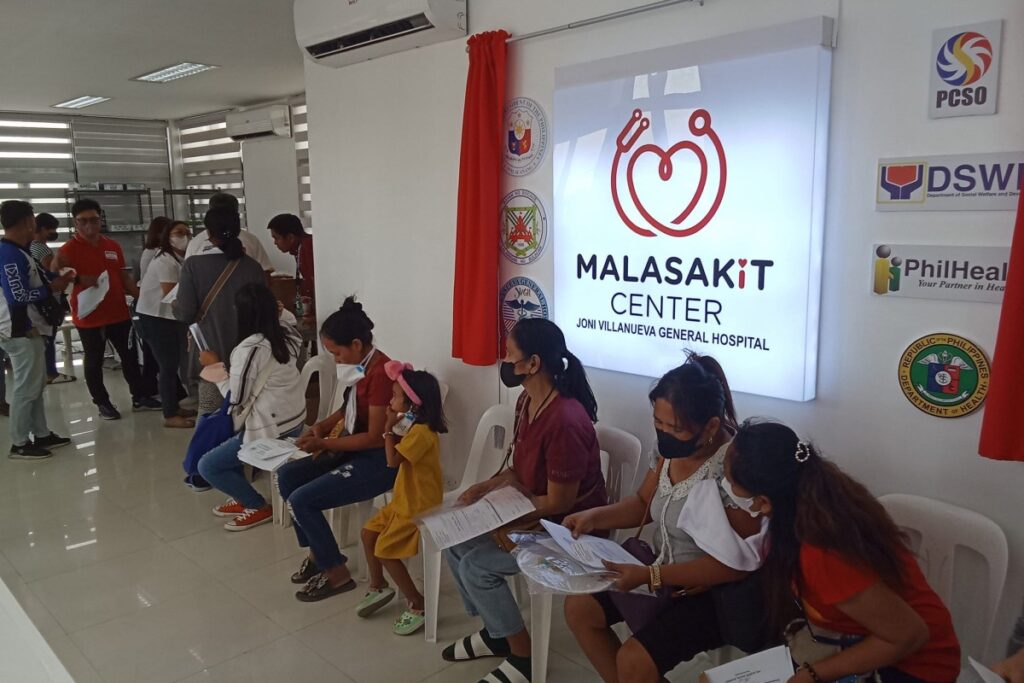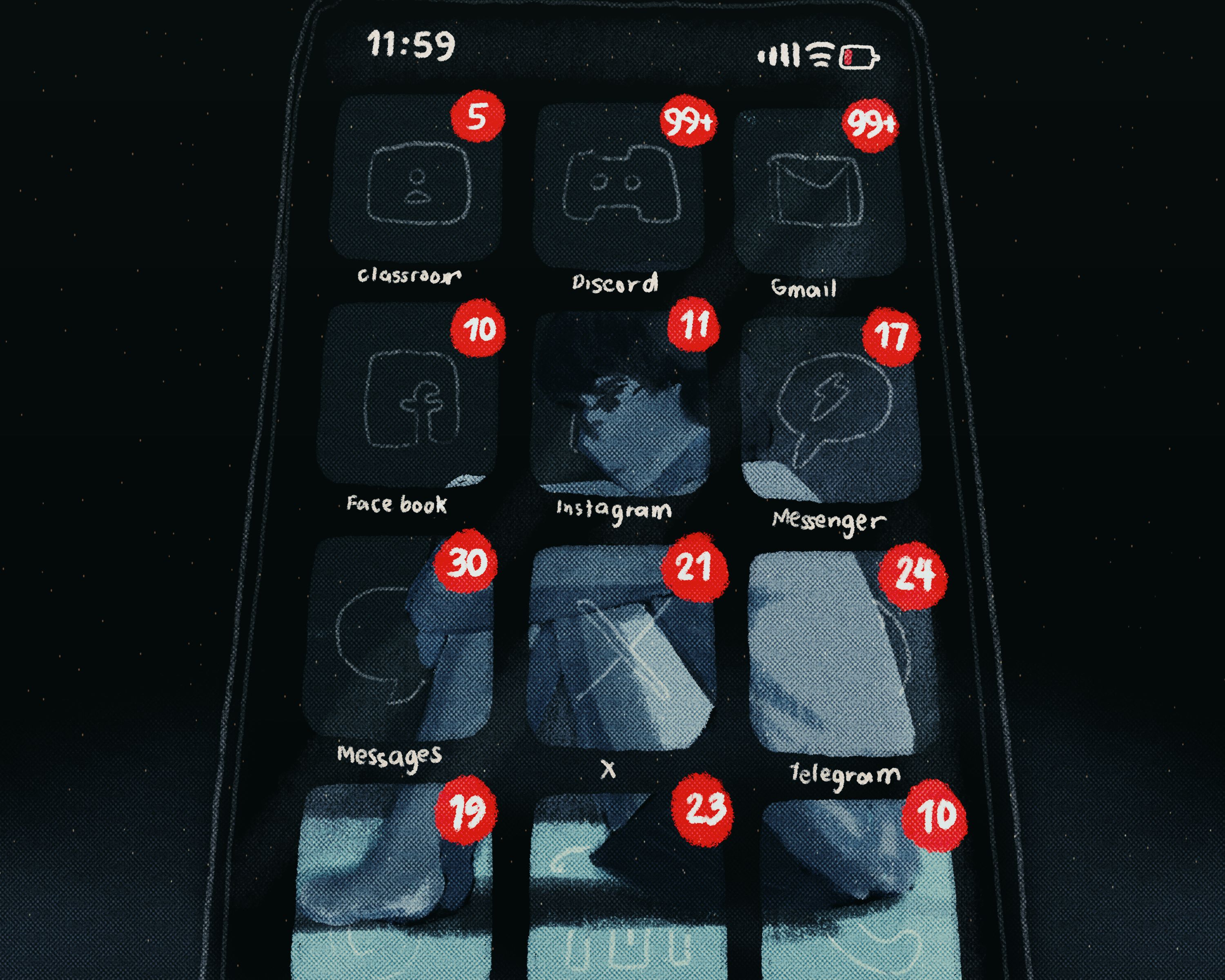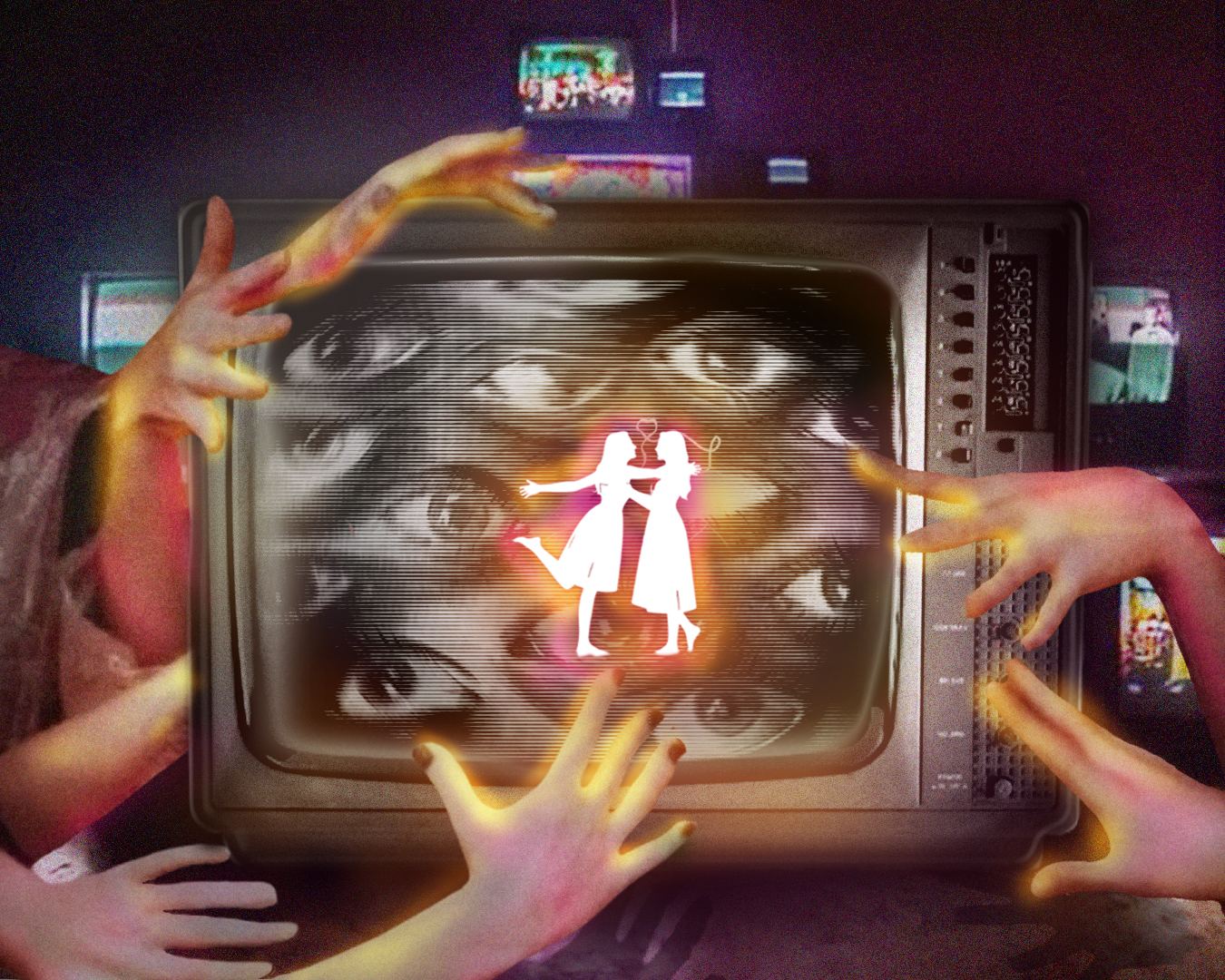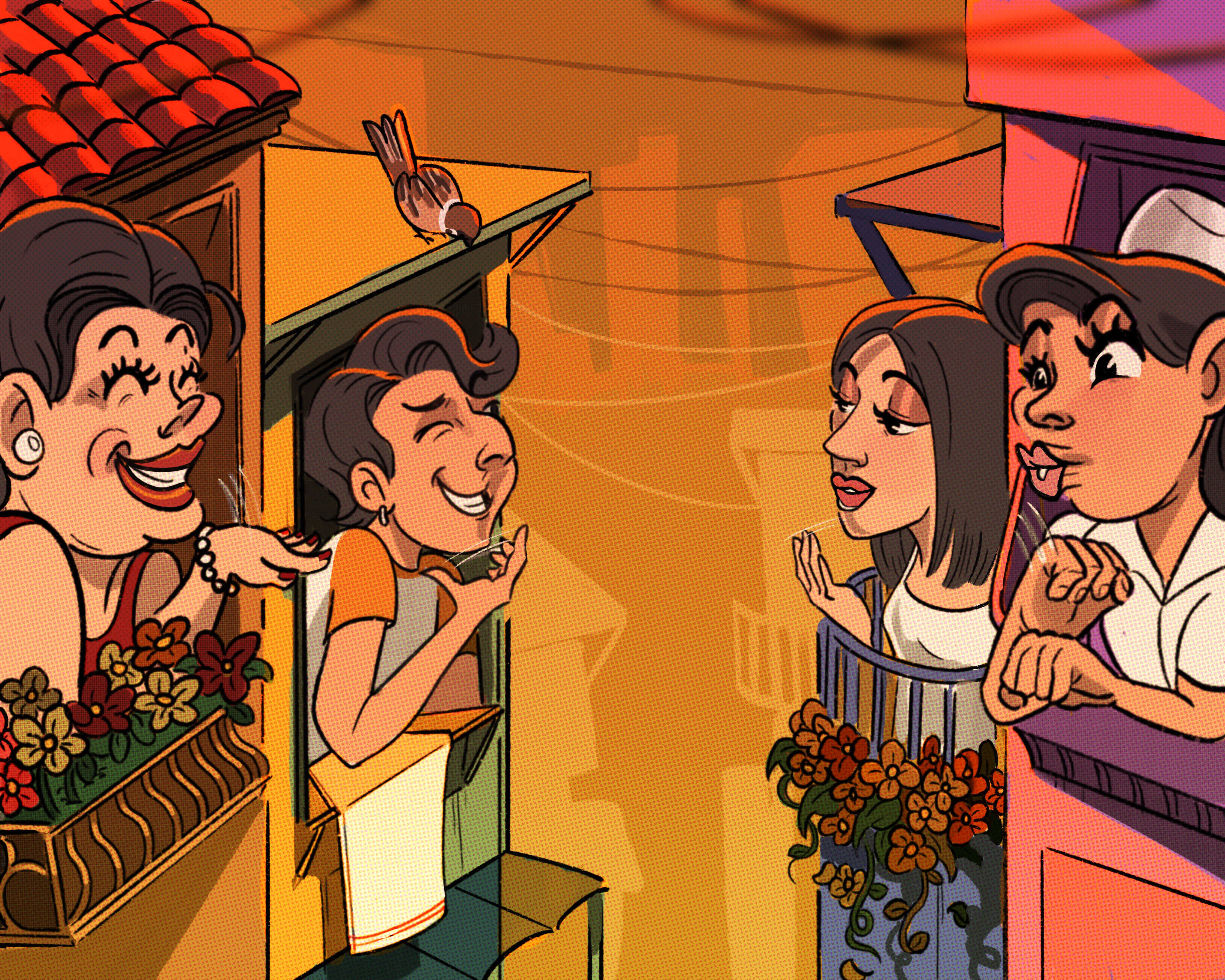There is warmth emanating from an Ikot jeepney as we accompany a friend on our own way to class. There is comfort woven along our companion’s sleeves as we find a shoulder to lean on. Care, as simple and innocent as it may sound, strengthens even our raised fist as we march through the streets, with chants of calls for a better and just society bursting through our chest.
These collective experiences show how we are embedded in the society we belong to, with our joys and sufferings interconnected with the community. From personal struggles to social strife, “Dear Meg: Advice on life, love, and the struggle” by Margaret “Meg” Yarcia, a counselor and an activist, is a reminder that we innately strive for the betterment of each other’s well-being.
Started as an online advice column at the start of the COVID-19 pandemic, “Dear Meg” painted an alternative and humanistic way of extending help to one another, a deep contrast to the Duterte administration’s militaristic response to the health crisis. “Dear Meg” stressed the aspect of care once we become conscious of our community's needs.
Contrary to the dominating perspective on psychology, mental health problems are more than personal struggles. It is community care that shows us how society has a crucial role to play in caring for its people’s physical, mental, and emotional well-being—which transforms us and leads to emancipation.
Magnifying Acts of Care
The concept of community care is not new. Its history goes back to the late 1960s in the United States (US) when people started resisting the inhumane treatment of people with mental health issues, grasping the fact that they can also heal without being alienated from the community.
From the grave period of asylums, nurses and social workers started to take the helm in providing community-based mental health services, as gleaned from the deinstitutionalization movement in Europe. The effects of this paradigm shift persist to this day, where acts of community care and services, such as health centers and medical missions, continue to be observed.
Even in Filipino culture, the concept of community care is innate. Filipinos are generally communal, and we place great importance in our relationships. This can be observed in how we try to find common friends when establishing connections with people we first meet, or even in how we attach the suffix “ka” to nouns that denote our relationship with others, such as kababayan, kaibigan, and kapamilya.
In community care, we give and care for people because we recognize their inherent dignity of being humans. Community care, as discussed in “Dear Meg,” is collectively looking out for each other. On a micro level, it can be as simple as running errands with or for them, and on a larger scale, it can be seen in donation drives for families who are in need. It allows us to jointly pool our resources, effort, and energy into helping especially those gravely affected by systemic inequalities.
This is supported by community psychology, a branch of the field that emerged in the US during the 1960s. Akin to how Sikolohiyang Pilipino advocates for the field’s appropriateness to Filipinos’ communal culture, community psychology focuses on the social setting, and how it influences the individuals within.
Community psychology counters Western individualism’s focus on the individual’s attitudes and behaviors, which dominates mainstream psychology. Self-care, as redefined by “Dear Meg,” transcends seeking mental health care beyond the benefit of the individual. If we see ourselves as part of society with a steadfast commitment to push for social change, we, then, should be firm in taking care of one another.
Destigmatizing the Mind
Prevailing stigma surrounding mental health, however, hinders the practice of community care. The underutilization of mental health services, for one, is a product of stigma coupled with the lack of awareness of it, as shown by a review of Filipino help-seeking behaviors conducted by researchers from the King’s College London’s Department of Psychology.
Because of hiya, Filipinos are concerned about the negative judgment they will receive upon seeking the help of mental health professionals. This worry involves social exclusion, discrimination, and damaged family reputation. But more than mental health’s cultural aspect, limited practice of this health care is also perpetuated by the social and political conditions in the country.
It does not help, too, that amid the government’s botched response to the health and economic crises, some officials also spread misguided sentiments on mental welfare. Worse, the country remains sorely lacking in mental health professionals due to lack of government funding, according to Antover Tuliao, a Filipino psychological researcher.
As stigma and government ineptitude remain, mental health care is still not widely seen as a legitimate concern that warrants attention and priority. The disregard of mental health care, despite already having the Mental Health Act of 2017 to promote psychosocial health and services, still prevents the Filipino community from widely and fully practicing community care.
These hindrances inhibit us from widely practicing community care, as looking out for each other becomes second nature to us. As “Dear Meg” tirelessly explained, these acts of help are similar to the concept of care in activism—persisting in the fight for our rights anchored in our inherent unconditional worth. Amid hopelessness and grief in the collective struggle, we must keep in mind that every being is a part of our collective advancement.
With the prevailing stigma and the government’s inept course of action, communities have taken it upon themselves to create an environment that forwards caring and giving aid to each other. It is evident in how we can lean on our classmates amid a stressful finals week. And care can even be shown outside the university, when we too, advance our advocacies and volunteer to aid communities. It is our initiative and unconditional regard for our kapwa that drives us to persist.
Liberating the Community
Individualized and scattered community care, however, can only do so much. Collective care should be translated into policies and long-term solutions, where lingering issues that bring about mental health in the first place–issues that contrary to what we are made to believe are not the default of how the world works–are rectified.
Using psychology in addressing these systemic issues was focused on by Ignacio Martín-Baró, a martyred Jesuit priest and founder of liberation psychology. Through socially anchored solutions, liberation psychology shows how the field can be transformative in people's lives. Application of the field could be possible in interventions, such as nationwide policies on anti-discrimination and implementing affirmative action in education.
Liberation psychology aims to address how the marginalized communities’ existing societal conditions perpetuate the stigma. It develops changes that can help aid the community. The plight of the oppressed is being understood in a societal context, deviating from the traditional, and often straitjacket, approaches of the discipline.
Under such a framework, community care becomes a call for accessible health care, genuine agrarian reform, free education, and programs that address massive economic inequality. The care we give to ourselves and our community now becomes a protest. Here, we recognize the ties that bind us–families, friends, and communities–are the one that connects us and makes us progress as one.
As “Dear Meg” emphasized, a community rooted in the unconditional acceptance of each other fosters a safe environment. This, in turn, raises brave community members. It is in the community where liberation starts—where the act of collective struggle is anchored in our care for one another, one that moves toward a freer and more just society.
Just as there is solace in jeepney rides, friend's sleeves, and raised fists, there is courage in facing grief and hopelessness drawn from the trust in our community. Community care is an assurance beyond simple words. It transcends differences. It is a testament that care is woven in our fights for justice and equality. ●
*Upon reading “Dear Meg.”
Meg Yarcia finished her undergraduate and graduate degrees in psychology at UP Diliman. She started writing for the Collegian in 2003 and became the publication’s features editor in 2006. “Dear Meg” is published by Gantala Press, an independent Feminist publisher.
